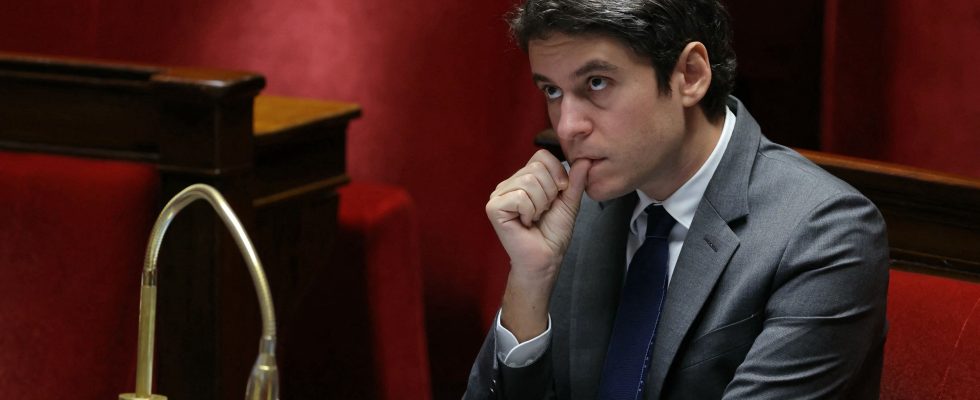This time, no more “I assume”. The very practical mantra widely used for several months by Emmanuel Macron and Gabriel Attal has not been used for France’s energy and climate strategy. On the contrary: the Prime Minister announced, at the end of last week, the launch of a “major consultation” under the aegis of the National Commission for Public Debate (CNDP), covering both the energy roadmap ( PPE) and on its plan to reduce carbon emissions (SNBC). Collectively discussing a subject as vital as the country’s ecological transition is always healthy and necessary. But the debate should not be a pretext for evasion.
Because consultations in these areas are numerous and recent. The report on the last public debate of energy was published in March 2023, that of experts for the French energy and climate strategy on November 28… Without forgetting the profusion of prospective and detailed documents from RTE, Ademe or the High Council for the Climate. The trajectories are drawn, all that is missing is the political will. But the executive is “paratified in the face of the decision and is trying to save time”, judges an energy player, who fears above all “that we will reopen divisive debates which are now better accepted by society”.
“The absence of a decision will have a cost”
“It’s an illustration that when you have to take action, you get into the hard part,” summarizes Patrick Criqui, emeritus research director (CNRS/Université Grenoble-Alpes) and energy economist. In this respect, the example of the energy-climate programming law, expected since last July, is eloquent. Supposed to set the guidelines on nuclear and renewables, it was emptied of its substance, then delayed, until it completely disappeared from the parliamentary agenda by the summer.
Adding a major consultation, “it’s a refusal of obstacles”, thus denounces Building ecology. This collective of actors in ecological transformation sees “two reasons for this climate “procrastination”: essential measures, but not very popular, “which the government undoubtedly does not wish to take on”; and fear, a relative majority requires, not to “manage to get your bill voted on.” Between the looming election period and the recent budgetary cuts in programs dedicated to ecology, it seems relegated to the background. However, to fight against climate change, the vagueness is not a card to play. “The absence of decision will have a cost”, rightly warns the French Electricity Union.
